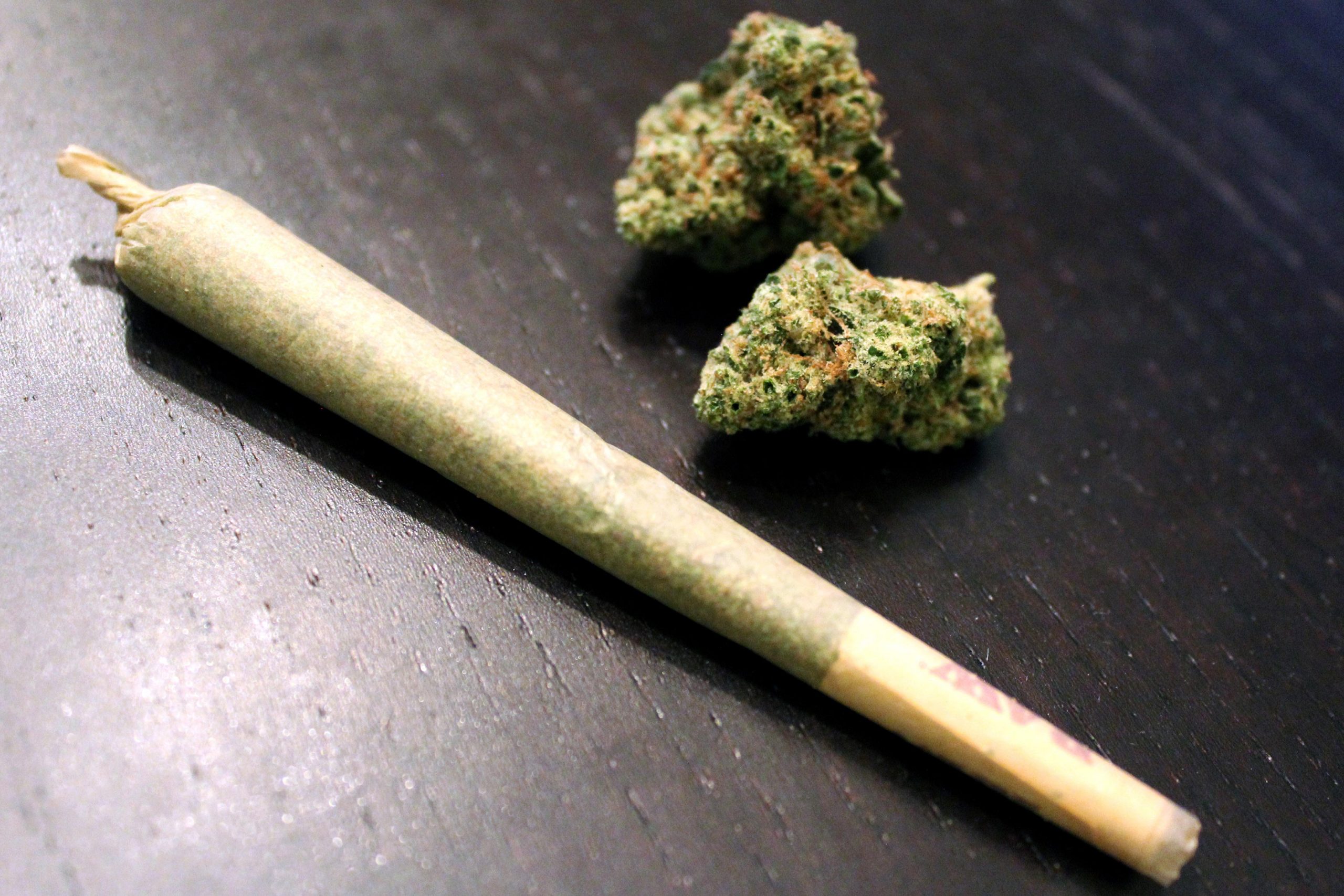
The recent report of the National Crime Research Centre on mapping cannabis trafficking in the country has unveiled new ways of using the substance besides smoking.
The report highlights other ways including cannabis-baked weed confectionaries such as cookies, samosas, cakes and biscuits.
Users have also been using cannabis as tea leaves, processed into weed juice, and laced on homemade sweets and chocolates.
Another way to abuse the substance is by extracting cannabis oil.
“It is also pounded into food seasonings and laced with shisha tobacco and other hard drugs in some restaurants and clubs,” the report states.
The report, 'Mapping Cannabis Trafficking in Kenya' by Vincent Odhiambo Opondo warns that the grave risk with emerging weed-laced products is that it is much harder to identify cannabis concealed in legitimate products.
“These products could be easily sold to and consumed by unsuspecting members of the public, including children,” he adds.
He notes that disguised cannabis is sold in offices, market centres, boda boda terminuses, carwash bays, pool tables and video venues, motor vehicle garages and building construction sites.
It is also sold in mining sites, illicit alcohol dens, tuck shops, and canteens in universities, colleges, some bars and restaurants, at hair salons and barber shops.
Other sites include timber sale yards, in the slums and other informal settlement areas, in residential estates, and, on farms and plantations
Opondo states that cannabis is often hidden in and among other goods and commodities such as second-hand clothes (mitumba), spare motor vehicle tires, in cereals like maize, beans, bread, fish crates, charcoal, and cassava.
They also conceal it in fruits such as watermelons and pineapples.
“Improvised compartments are created on motor vehicles to conceal cannabis. Traffickers also spray cannabis packages with perfumes and air fresheners to conceal the smell,” he says.
Opondo notes that traffickers use rogue law enforcement officers, street children, security guards, persons disguised as mentally challenged, hawkers, and casual staff in offices to sell cannabis.
They also use house nannies, pregnant women, and women with young children, shamba boys, and children in school uniforms, touts, and boda boda riders to convey and distribute cannabis.
Opondo says the factors facilitating weed production, trafficking and sale in the country include the growing culture of normalisation of its abuse across the country, corruption, regulatory and compliance border management officials and some National Government Administration Officers (NGAOs).
Others include porous borders, availability of ready markets, higher monetary prospects and incentives, and peer pressure.



